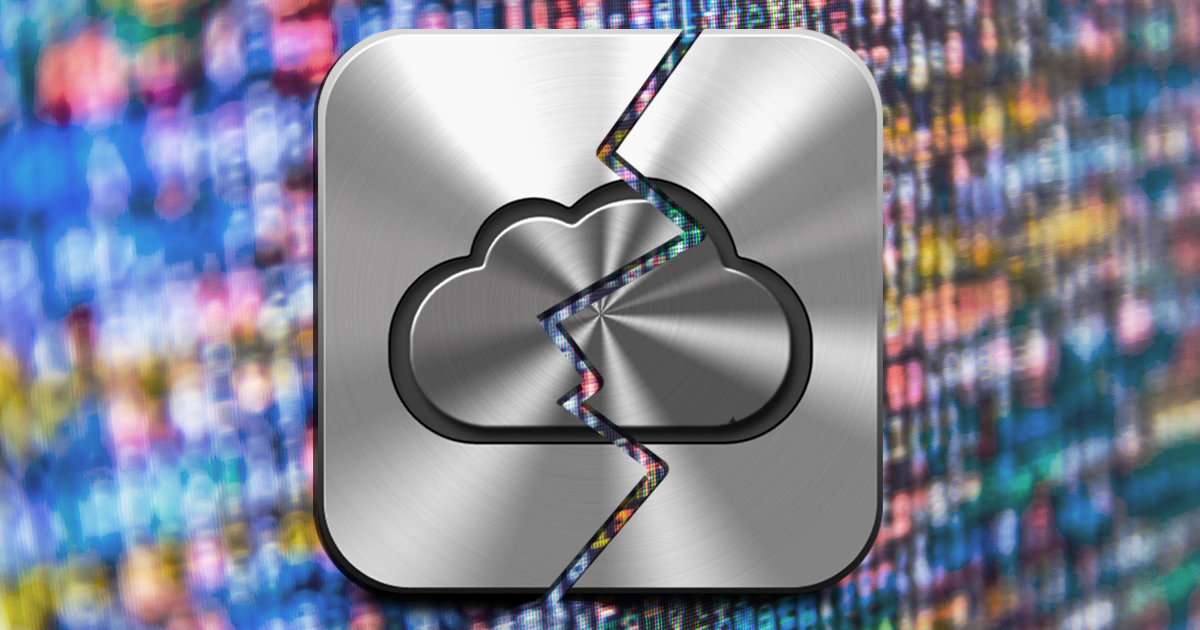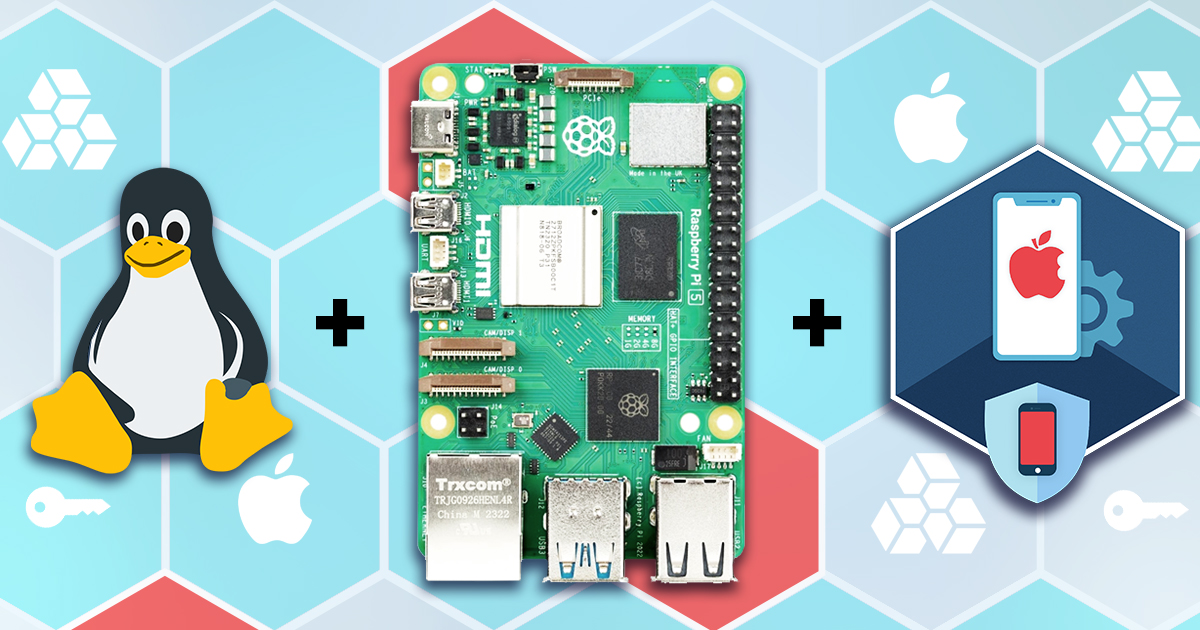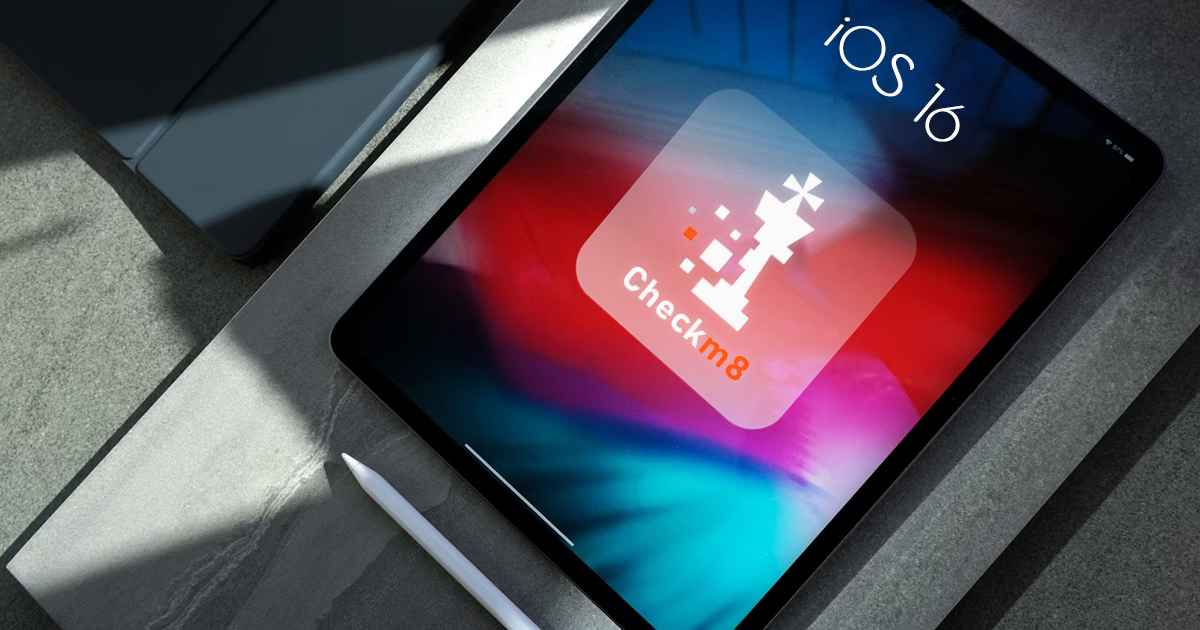Twelve years ago, we introduced an innovative way of accessing iPhone user data, retrieving iPhone backups straight from Apple iCloud. As our iCloud extraction technology celebrates its twelfth anniversary, it’s a fitting moment to reflect on the reactions it has provoked within the IT community. Let us commemorate the birth of the cloud extraction technology, recap the initial reactions from the forensic community, and talk about where this technology stands today.
In the upcoming iOS 17.4 update, Apple is introducing significant changes to its App Store policies for apps distributed in the European Union. The new policy brings multiple changes, one of them being alternative app marketplaces (which are effectively third-party app stores). These changes have both technical and financial implications for developers, but do they bring news to the digital forensic crowd? Let’s have a look into what Apple’s new policy brings and how it may impact forensic experts.
In a controversial move, Apple is implementing major changes to its U.S. iOS App Store policies, granting developers the ability to direct customers to non-App Store purchasing options for digital goods. This update permits users to make in-app purchases through an alternative method. However, Apple will continue to collect a commission ranging from 12 to 27 percent on content purchased through this avenue, providing only a 3 percentage points commission cut compared to purchases made through the official Apple App Store.
This guide covers the correct installation procedure for Elcomsoft low-level extraction agent, an integral part of iOS Forensic Toolkit that helps extracting the file system and keychain from supported iOS devices. This instruction manual provides a step-by-step guide for setting up a device and installing the extraction agent. We’ve included suggestions from troubleshooting scenarios and recommendations we derived during testing.
The first developer beta of iOS 17.3 includes Stolen Device Protection, a major new security feature designed to protect the user’s sensitive information stored in the device and in iCloud account if their iPhone is stolen and the thief gets access to the phone’s passcode. This optional feature could represent a significant change in how Apple looks at security, where currently the passcode is king. At this time, no detailed documentation is available; developers are getting a prompt to test the feature when installing the new beta.
The latest update of iOS Forensic Toolkit brought an all-new Linux edition, opening up a world of possibilities in mobile device analysis. The highly anticipated Linux edition preserves and expands the features previously available to macOS and Windows users. Forensic professionals can now perform advanced logical and low-level extractions with the aid of a custom extraction agent and extract information using the bootloader-level exploit, making forensic analysis more accessible on Linux platforms.
The latest update to the iOS Forensic Toolkit has expanded data extraction support for older models of Apple Watch, introducing low-level extraction capabilities for Apple Watch Series 0, Series 1, and Series 2. In a landscape where new devices are released on a yearly schedule, we stand committed to a balanced approach. While it’s easy for many to dismiss older devices, we recognize their significance as they frequently reappear in the labs of forensic experts. It is important to emphasize that, unlike many, we cater to the needs of experts who have to deal with legacy devices. This enhancement enables macOS and Linux users to delve deeper into these watches, retrieving crucial information such as passwords and complete file systems.
The bootloader vulnerability affecting several generations of Apple devices opens the door to forensically sound extraction. In today’s article we’ll discuss the compatibility and features of this exploit with different devices, iOS versions, and platforms. In addition, we’ll provide security professionals and researchers with valuable insight into potential issues and solutions when working with checkm8.
In this tutorial, we will address common issues faced by users of the iOS Forensic Toolkit when installing and using the low-level extraction agent for accessing the file system and keychain on iOS devices. This troubleshooting guide is based on the valuable feedback and data received by our technical support team.
Have you ever tried to unlock a password but couldn’t succeed? This happens when the password is really strong and designed to be hard to break quickly. In this article, we’ll explain why this can be a tough challenge and what you can do about it.


